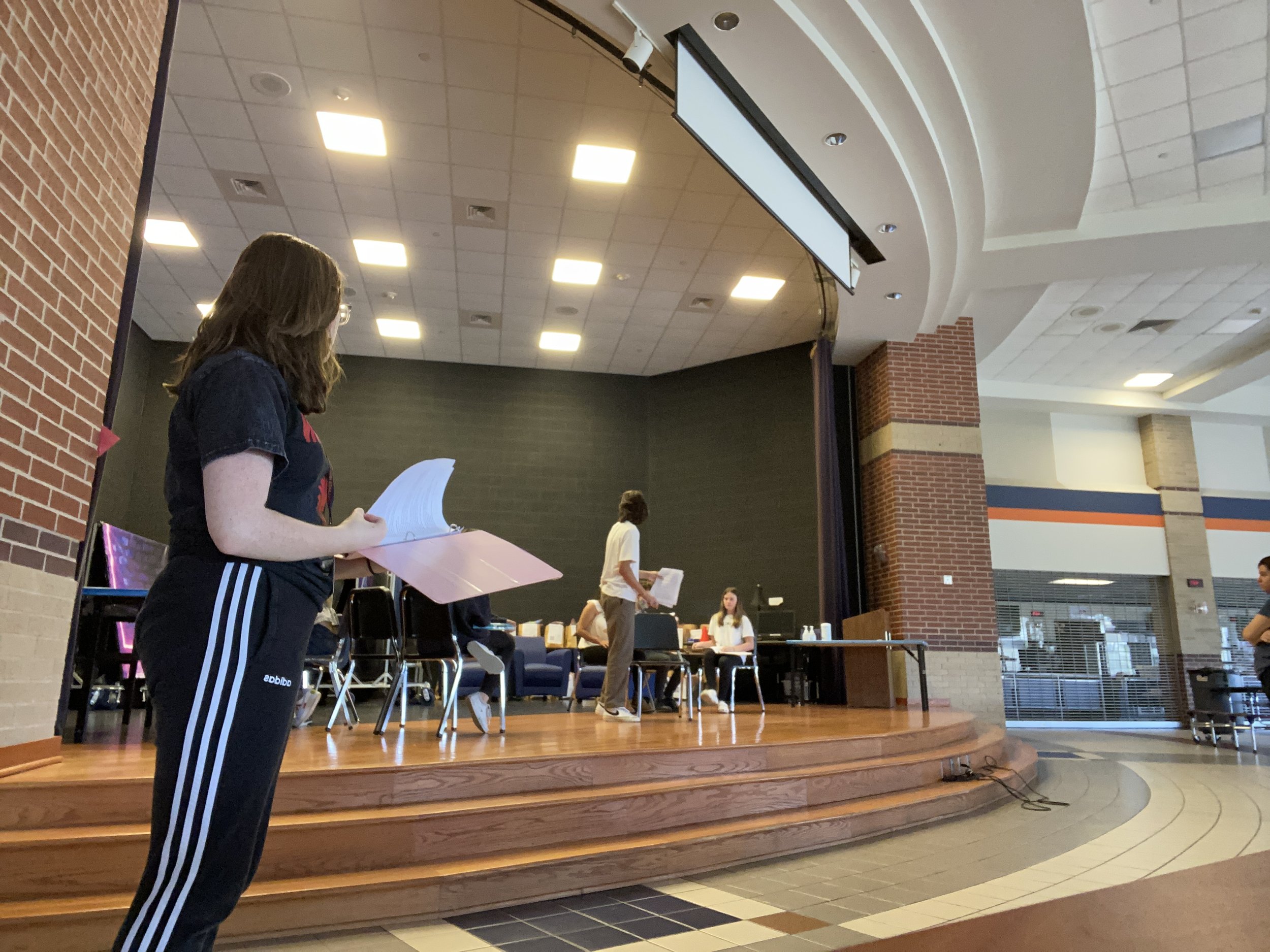Wilde Inventions
“Aestheticism is a search after the signs of the beautiful. It is the science of the beautiful through which men seek the correlation of the arts. It is, to speak more exactly, the search after the secret of life.” - Oscar Wilde
Oscar Wilde was a pioneer in the aestheticism movement. The idea that art is art for art’s sake. Theatre exists for pure beauty and must derive itself of all politics. Wilde Inventions is a collection of theatrical pieces conceived by Emma Davis that looks to challenge and expand upon the original definition of Aestheticism. These projects showcase that strong and inventive staging techniques can be used to strengthen pieces that comment on the societal and political environment of the playwright’s time.
The Seagull is the first project as part of the Wilde Invention Collection. In the play, Chekhov explores the different facets of his artistry and how the isolation of his artistry through each character culminates in their unhappiness by the end of the play. The aestheticism in the production was through the metaphysical quality of actors addressing they are actively involved in a staged reading and the use of chairs and music stands to turn the space into an environment.
Caesar [abstracted] is the second project in the Wilde Invention Collection. This production restructures Shakespeare’s play into six different themes. It explores the core of the piece if you take out the title character of Julius Caesar. The aestheticism in the production is the different directorial approaches to each section.
1: Tragic Lives of Shakespeare Wives 2. Conspirators Chat - Podcast 3. Yap Yap as Fast as You Can 4. The Homoerotic Relationship Between Cassius & Brutus 5. The Empirical Debate 6. Everyone dies in the end


